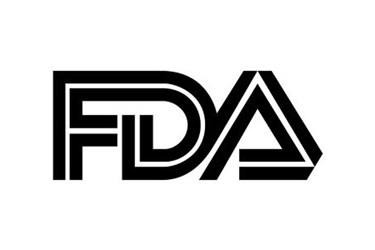Government Sitting On $85 Million In Sequestered FDA User Fees
By Sara Jerome,
@sarmje

Federal sequestration has pulled about $85 million in user fees from the FDA, and more cuts may be coming, according to the White House's Office of Management & Budget (OMB).
That figure was released in response to a request by Silicon Valley Rep. Anna Eshoo, the top Democrat on the House Communications and Technology subcommittee.
“OMB’s response confirmed my worst fear about what’s happening to sequestered FDA user fees," Eshoo said in a statement. "The $85 million taken from the agency this past fiscal year is in fact stagnating in a government bank account, and all future FDA user fee cuts scheduled under sequestration are destined for the same unless Congress says otherwise."
She framed the finding as evidence that the implementation of the federal sequester is not living up to its original policy goals.
“Sequestration was intended to reduce public spending, not private dollars that companies agreed to pay in order to expedite the approval of safe and effective medicines," she said.
Eshoo is pushing for a legislative fix to this issue. "This reaffirms the need to pass legislation that exempts from sequestration the private money FDA collects in user fees so that they may be used by the agency in full for their intended use," she said.
In July, Eshoo and a bipartisan group of House members introduced the FDA SOS ACT. It would exempt FDA user fees from sequestration.
Co-author Rep. Leonard Lance (R-N.J.) framed the bill as critical to the interests of medical device companies.
"Passage of this important legislation to protect the FDA's access to industry user fees will help ensure that millions of Americans will continue to benefit from medicines and medical devices that are safe and effective," he said in a statement.
The OMB's letter to Eshoo explained how user fees will be treated under the sequester.
"The sequestered offsetting collections will remain in the FDA Salaries & Expenses account, but will be unavailable unless they are subsequently appropriated by Congress," the letter said. "Any sequestered FDA user fees remain as an unavailable balance in the FDA's Salaries & Expenses account and are not diverted to other uses."
The sequester originated in legislation designed to reduce federal spending. It required the Obama administration to impose billions in spending cuts to military and domestic programs.
Medical device companies pay user fees to the FDA with the expectation that reviews will be timely. But analysts say sequestration means deadlines may be out the window, according to The Hill.
"An underfunded FDA could lead to FDA review clocks being reset or delayed, which would affect a sponsor’s ability to obtain product approval — thus delaying patient access to cutting edge medical innovations," consulting firm Avalere Health said in The Hill.
Hyman, Phelps, and Mcnamara, a law firm specializing in FDA issues, provided a backdrop on its blog about industry and congressional concern about user fees during the lead-up to sequestration.
"Once it became apparent that at least some of the user fee funding would not be exempt from sequestration (about $85 million in Fiscal Year 2013), there was an immediate push by many stakeholders, FDA, and some members of Congress to remedy the situation by excluding user fees," FDA Law Blog said. "But, as with so many things in Washington, D.C., user fees got caught up in a larger political battle.
